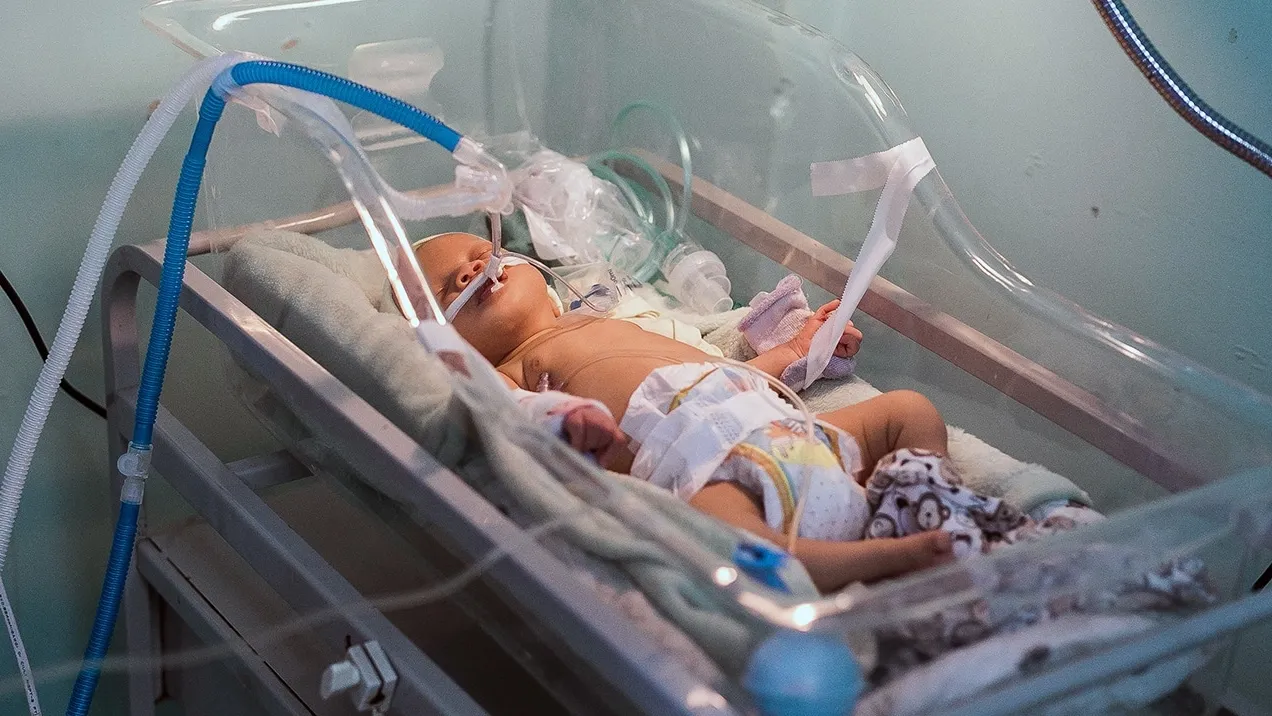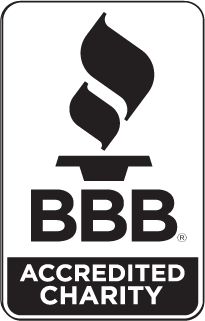Joshua’s Story: How Project HOPE is Helping Dominican Doctors Save Newborn Lives
In the seven months since he was born, Joshua, a patient at Los Mina hospital in the Dominican Republic, has had five surgeries for complications involving his bile ducts. With limited equipment and staff, doctors are doing all they can to save babies like Joshua and reduce the country’s alarming neonatal and infant mortality rate.

Although the Dominican Republic is the third most populous country in the Caribbean and has the fastest-growing economy in the region, it’s also known for a darker characteristic: the second-highest neonatal mortality rate in the West Indies, behind only neighboring Haiti. Out of every 1,000 childbirths in the Dominican Republic, over 20 infants pass away within 28 days. Even after the neonatal period, many infants struggle with life-threatening birth conditions.
Joshua is one such child who is fighting to avoid becoming a statistic. Joshua is a patient at Los Mina Hospital in Santo Domingo, the Dominican capital. He was admitted to the hospital at seven months old, diagnosed with biliary atresia, a liver disease that interferes with the flow of bile from the liver to the gallbladder. Later, it was discovered that the condition was not biliary atresia but a cyst that was causing an obstruction of Joshua’s bile ducts. Surgeons had to resort to a procedure that would help reconstruct them.
“He’s a fighter. Any other patient would’ve passed away by now. I have faith.”
Dr. Suazo, one of Joshua’s doctors
The team at Los Mina was surprised that Joshua was able to survive as long as he did. Since he did not have surgery immediately after birth, doctors initially believed Joshua required a liver transplant, a procedure that cannot be performed in the Dominican. After his cyst was removed, the staff at Los Mina thought Joshua would be fine. But since his initial procedure, Joshua has had four additional surgeries to combat his condition.

Unfortunately for infants like Joshua, Los Mina’s neonatal and obstetric department is struggling to keep up with the demand for its services. Of all births in the Dominican Republic, 99% take place in hospitals. Los Mina is the second-largest in the nation and considered by locals to be the best in the country. Because of the recent renovation closures of other hospitals in the region, Los Mina is also under a larger than normal care burden.
While some equipment is available, the hospital still struggles to meet the need for equipment like ventilators, incubators, and vital health sign monitors. Worse, because of the increase in patient volume, doctors and nurses are forced to make due with whatever is available.
“This is not an area for [pediatric] intensive care. But we have been forced to do intensive care in a general care environment. [These patients] should be in intensive care,” staff at the hospital told us. The problem has been exacerbated by electrical issues with the pediatric intensive care unit.
Project HOPE’s Ongoing Work in Dominican Hospitals

In 2017, Project HOPE initiated the Saving the Newborn program, with the goal of improving obstetric and neonatal care in the Dominican Republic. Through the implementation of training programs, the procurement of equipment and medical supplies, and the facilitation of community medical groups, we have been able to help the country’s newborn babies and their mothers get the care they need.
Early results at Los Mina show a reduction in newborn pulmonary hypertension from 80% to 37%, as well as a decrease in premature infant death due to hypothermia. Transport time from delivery room to NICU has gone from 4 hours to nearly immediately after birth. As of June 2018, more than 435 hospital staff have been trained through Project HOPE’s programs.
And as for Joshua? His prognosis is reserved, but doctors and staff are optimistic.
“He’s a fighter. Any other patient would’ve passed away by now. I have faith,” Dr. Suazo told us.
With help from our corporate partners and individual donors, Project HOPE’s goal is to ensure that infants like Joshua in the Dominican Republic can win their fights against dangerous neonatal and infant health conditions.







